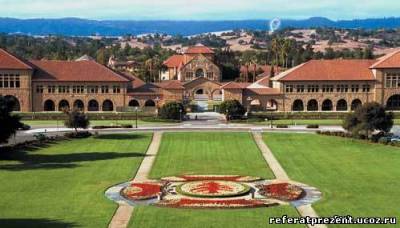The history of education is the history of teaching and learning. Each generation, since the beginning of human existence, has sought to pass on cultural and social values, traditions, morality, religion and skills to the next generation. The passing on of culture is also known as enculturation and the learning of social values and behaviours is socialization. The history of the curricula of such education reflects human history itself, the history of knowledge, beliefs, skills and cultures of humanity.
In pre-literate societies, education was achieved orally and through observation and imitation. The young learned informally from their parents, extended family and grand parents. At later stages of their lives, they received instruction of a more structured and formal nature, imparted by people not necessarily related, in the context of initiation, religion or ritual.
As the customs and knowledge of ancient civilizations became more complex, many skills would have been learned from an experienced person on the job, in animal husbandry, agriculture, fishing, preparation and preservation of food, construction, stone work, metal work, boat building, the making of weapons and defensis, the military skills and many other occupations.
With the development of writing, it became possible for stories, poetry, knowledge, beliefs, and customs to be recorded and passed on more accurately to people out of earshot and to future generations. In many societies, the spread of literacy was slow; orality and illiteracy remained predominant for much of the population for centuries and even millennia. Literacy in preindustrial societies was associated with civil administration, law, long distance trade or commerce, and religion.[8] A formal schooling in literacy was often only available to a small part of the population, either at religious institutions or for the wealthy who could afford to pay for their tutors. The earliest known universities, or places of higher education, started teaching a millennium or more ago.
Universal education of all children in literacy has been a recent development, not occurring in many countries until after 1850 CE. Even today, in some parts of the world, literacy rates are below 60 per cent (for example, in Afghanistan, Pakistan, Bangladesh). Schools, colleges and universities have not been the only methods of formal education and training. Many professions have additional training requirements, and in Europe, from the Middle Ages until recent times, the skills of a trade were not generally learnt in a classroom, but rather by serving an apprenticeship.
Harvard University





Students
at Harvard attend one of 12 Schools (e.g. Harvard Business School,
Harvard School of Public Health) or the Division of Continuing
Education. Each School has its own admissions office and application
process.
Harvard College offers undergraduate (bachelor’s, first) degrees. All students planning to pursue an undergraduate degree full-time apply to Harvard College for admission. Ordinarily, it takes four years to earn an undergraduate degree in the United States. The Harvard Club of the United Kingdom has developed a website for prospective Harvard College students. Although it was developed for students from the UK, it does include useful information for all international applicants.
Students planning to take individual courses without pursuing a degree; or to pursue a degree in the evenings, on a part-time basis, or online, may register for courses at the Harvard Extension School.
All other Harvard Schools offer only degrees beyond the undergraduate degree, usually a master’s (M.A.) or doctoral (Ph.D.) degree. Though each School has its own admissions requirements, all successful applicants to Schools offering the master’s or doctoral degree will have completed the equivalent of an undergraduate degree in the United States.
Links to the home pages and Admissions Office pages of all Harvard Schools are below.
Financial Aid Overview
International and domestic students at Harvard are eligible for many forms of financial aid. Students are encouraged to explore the different financial aid options available to them at each of the University’s schools.






